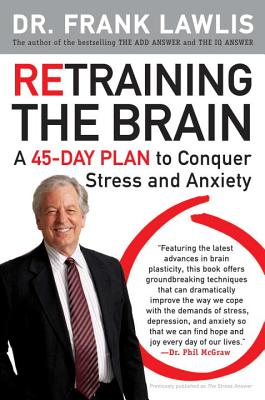
description
entify and heal from the often-delayed emotional responses to seemingly ordinary life events like the death of a partner, a chronic illness diagnosis, or getting a new job that can have significant impact on our emotions and overall mental health. You may be at a point in your life where you realize that you have been edgy, a bit depressed, feeling unsettled. Yet everything in your life seems to be okay. You look for a cause, but you just can't put your finger on it. Perhaps you should examine your recent past--six months ago, a year ago--and ask yourself, "What did I go through that was stressful at the time, yet I was able to deal with by suppressing my stress until that situation was over?" "Aftershock" is a term coined by clinical psychologist Dr. Geri-Lynn Utter, who came to recognize this largely ignored scenario in many of her patients. As a subclinical level of the more familiar post-traumatic stress disorder, "aftershock" may underlie your present emotional stress, a delayed emotional response that affects many of us after common, yet big deal, life events such as miscarriage, moving to a new city, divorce, or, for some people, the Covid-19 pandemic that has rocked much of the world. The most urgent raison d'etre of Aftershock is to enlighten readers to the very presence of this psychological trauma--what it is and what causes it, how to recognize the symptoms, and how to heal when life's stressors keep you in the center of the aftershock of a storm.
member goods
No member items were found under this heading.
Return Policy
All sales are final
Shipping
No special shipping considerations available.
Shipping fees determined at checkout.







